Nav
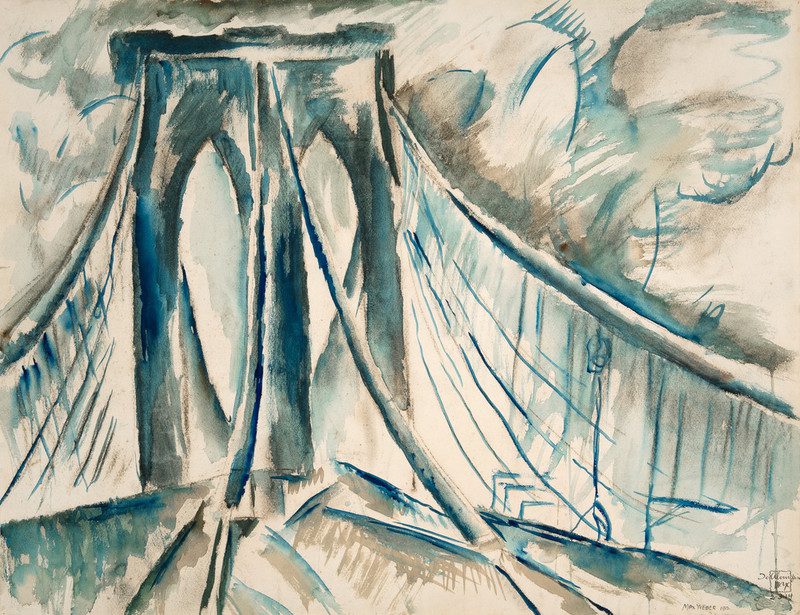
Brooklyn Bridge
Born in the Polish city of Białystok, then part of the Russian Empire, in 1881, Max Weber emigrated to Brooklyn, New York, with his family when he was 10.
After studying art at the Pratt Institute, Weber taught in both Virginia and Minnesota, before saving enough money to finance a trip to Europe.
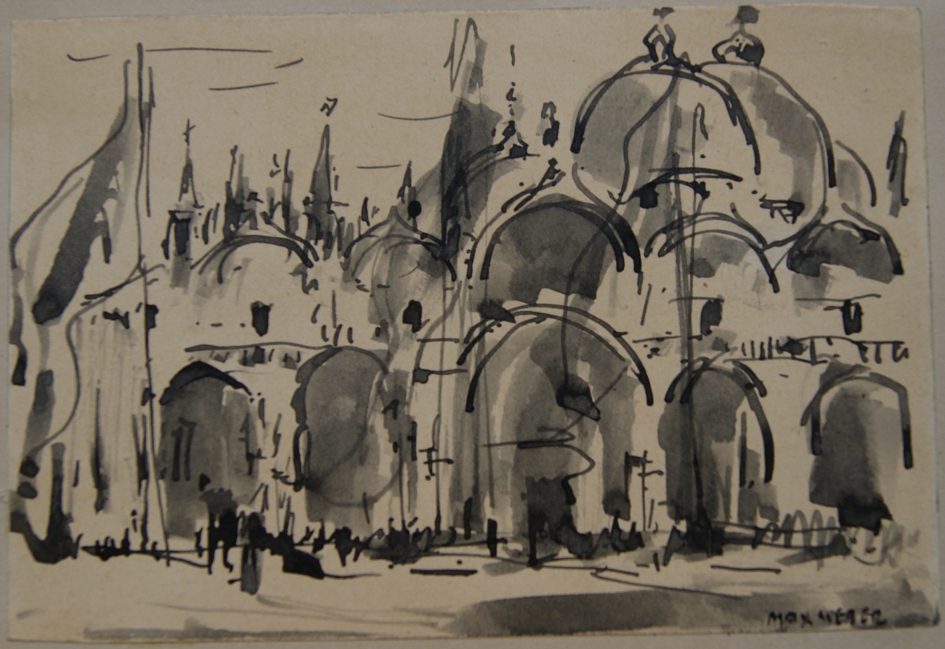
St. Mark’s Basilica, Venice
Between 1905 and 1908, Weber travelled extensively around Europe, studying at the Académie Julian in Paris where he worked to improve his draughtsmanship.
During this trip he filled over 20 sketchbooks with drawings of landscapes and cityscapes.
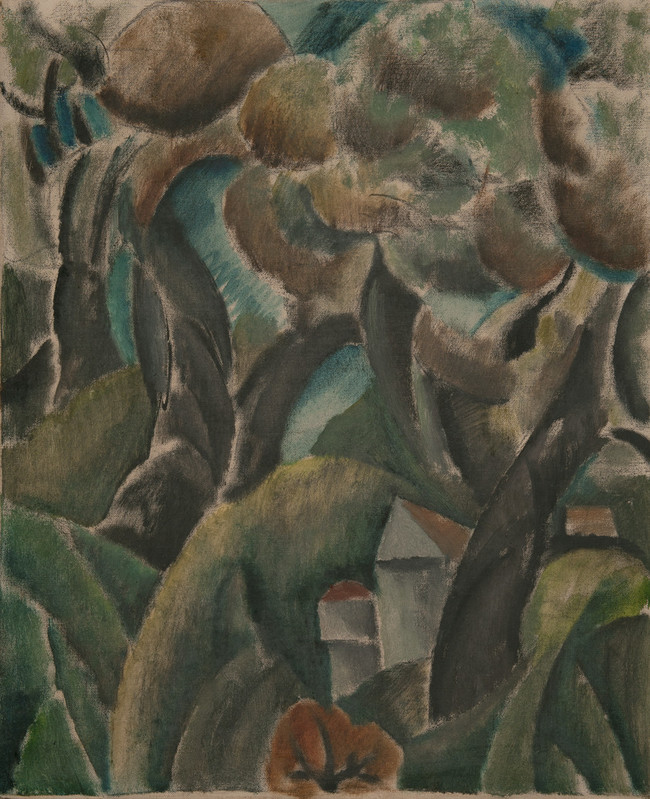
Landscape III
In Paris, Weber was introduced to Cubism by its pioneers, Pablo Picasso and Georges Braque.
Cubism developed in 1907 and involved looking at the world from several angles at the same time, and the understanding that there is no one way to represent reality.
Picasso and Braque wanted to draw their subjects from multiple perspectives on a single canvas.
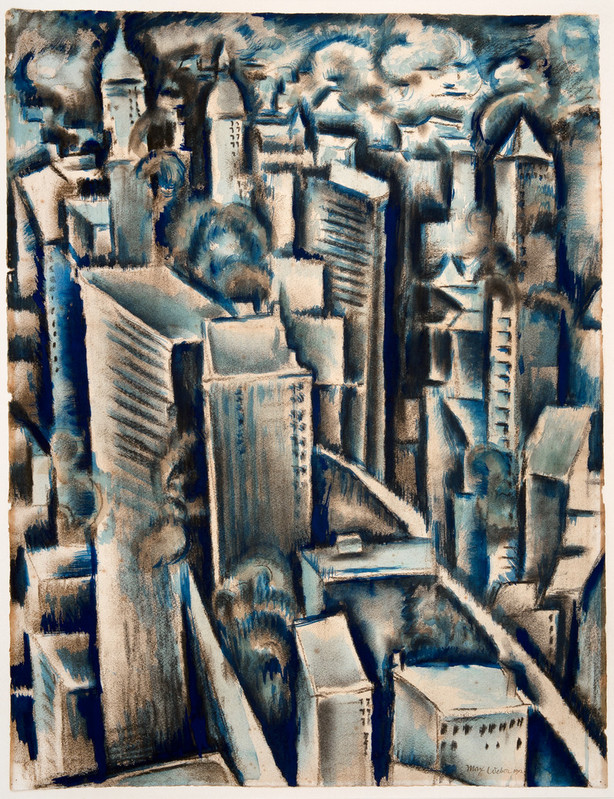
New York
On his return to New York in 1909, Weber started to experiment with the styles of art he learnt in Europe.
Using the City as his subject, Weber merged these new modernist ideas with the urban landscape in which he found himself.
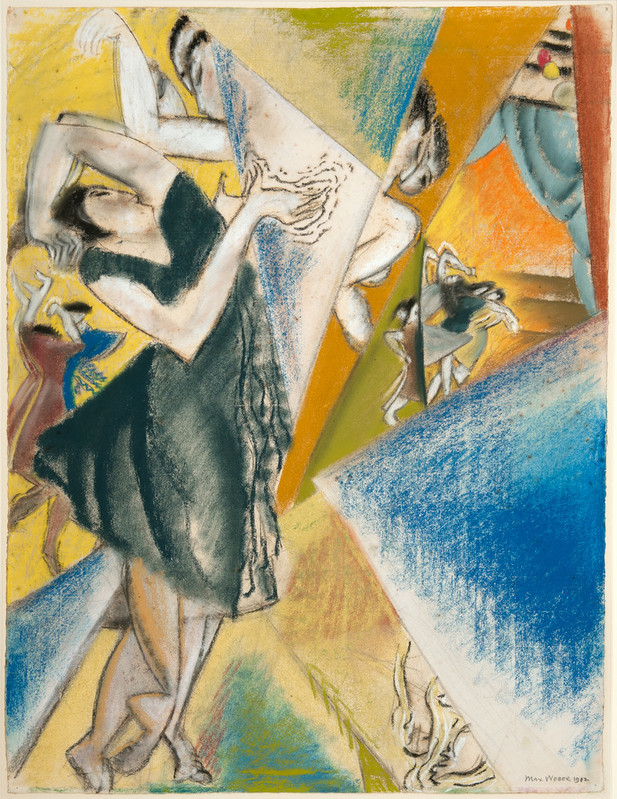
Dancing Figures
Weber’s interest in movement, also influenced his work at this time. He would include subjects from Vaudeville theatre within his paintings.
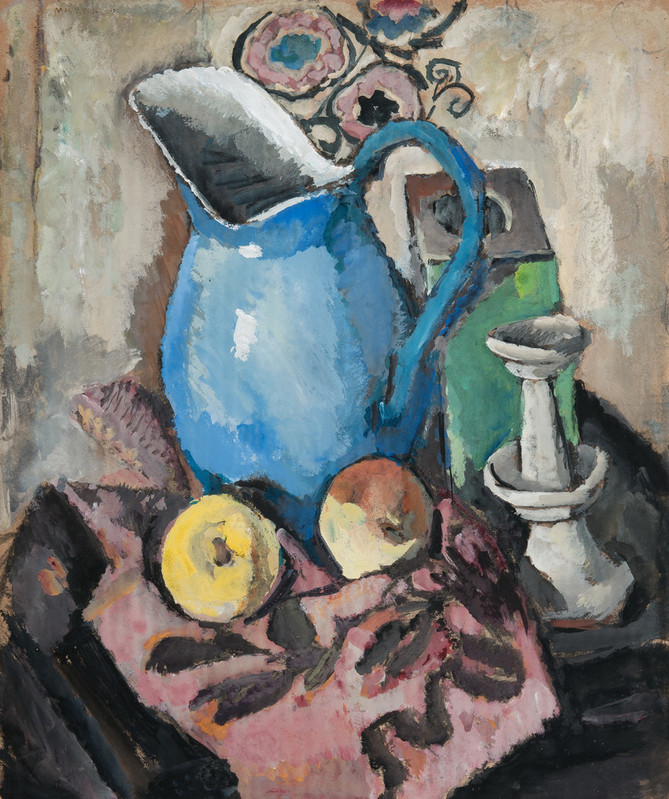
Still Life I
He also continued to paint familiar subjects for artists of this period including still-lifes…
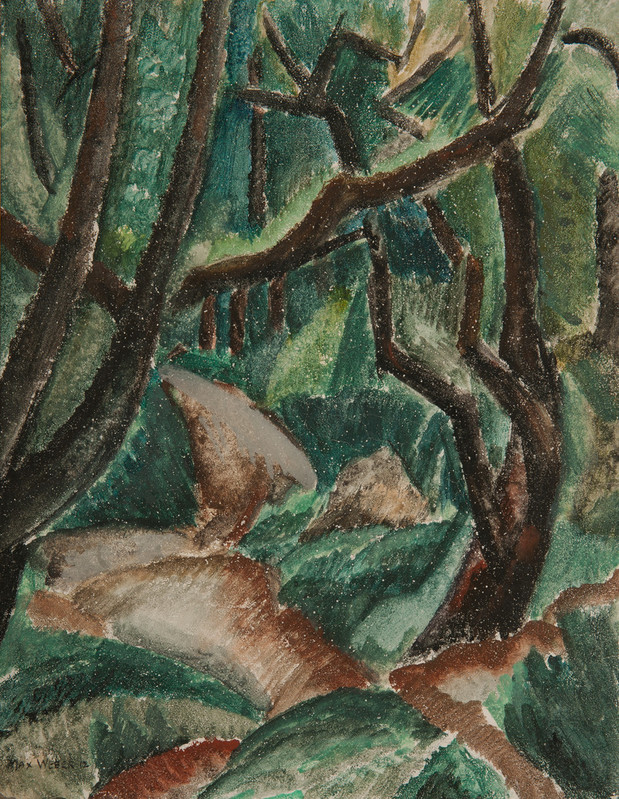
Landscape II
…landscapes…
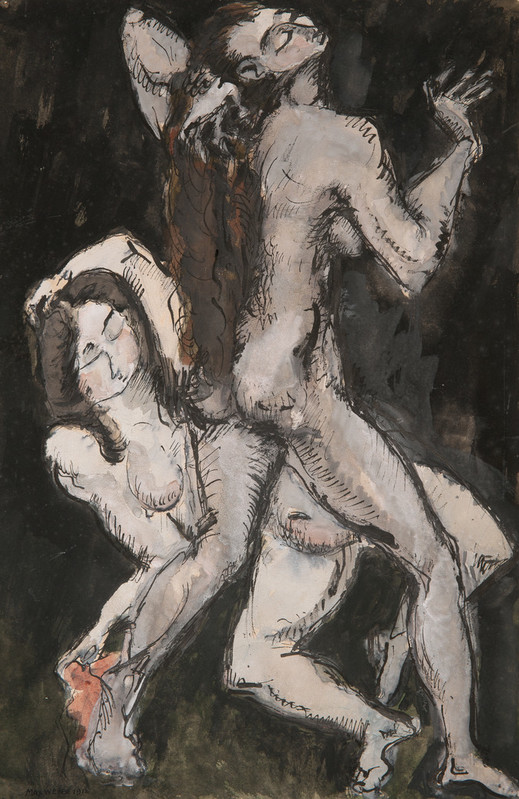
Dancing Nudes
… and nudes, with his work becoming more naturalistic from 1917 onwards.
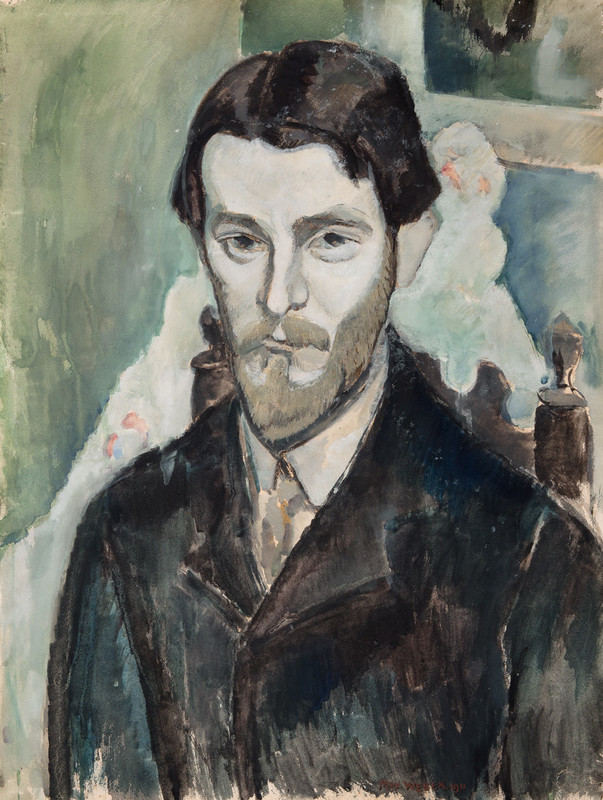
Alvin Langdon Coburn
Weber met abstract photographer Alvin Langdon Coburn in New York in around 1910. The pair struck a friendship and produced portraits of each another.
Coburn eventually gifted a body of work to Professor Donald Gordon of the University of Reading in the 1960s, as thanks for organising a retrospective of his work. Within this material were a number of paintings and drawings by his life-long friend, Max Weber.
To see more of Weber’s artworks click here